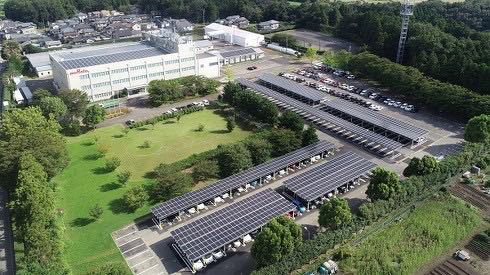In recent years, the demand for renewable energy solutions has surged, driven by the urgent need to combat climate change and reduce reliance on fossil fuels. Solar energy, in particular, has emerged as a promising alternative, offering clean, sustainable power generation. Among the innovative applications of solar technology, solar carport mounting systems have gained traction for their dual functionality and environmental benefits.
Technical Aspects of Solar Carport Systems:
– Design and Engineering: Solar carports are engineered to withstand environmental factors such as wind, snow loads, and seismic activity while ensuring structural integrity and safety.
– Installation: Installation involves anchoring solar panels securely to the carport structure, integrating electrical wiring, and ensuring optimal orientation for maximum sunlight exposure.
– Maintenance:Regular inspection and maintenance of solar panels and supporting structures are essential to ensure optimal performance and longevity of the system.
Applications and Future Outlook:
Solar carport mounting systems are versatile and suitable for various applications:
– Commercial and Industrial Facilities:** Many businesses and organizations are adopting solar carports to meet sustainability goals and reduce operating costs.
– Public Spaces:Municipalities and educational institutions are increasingly implementing solar carports to provide renewable energy solutions and promote environmental stewardship.
– Residential Use:Homeowners are exploring solar carports as a viable option for personal energy generation while utilizing existing property.
The future of solar carport mounting systems looks promising, driven by advancements in solar technology, supportive government policies, and increasing environmental awareness. As technology continues to evolve, improvements in efficiency, affordability, and integration capabilities are expected, further enhancing the appeal and adoption of solar carport solutions worldwide.
In conclusion, solar carport mounting systems represent a sustainable and innovative approach to energy generation, combining functionality with environmental responsibility. As global efforts intensify to address climate change, these systems offer a tangible solution to reduce carbon footprints while promoting renewable energy adoption across diverse sectors of society.

